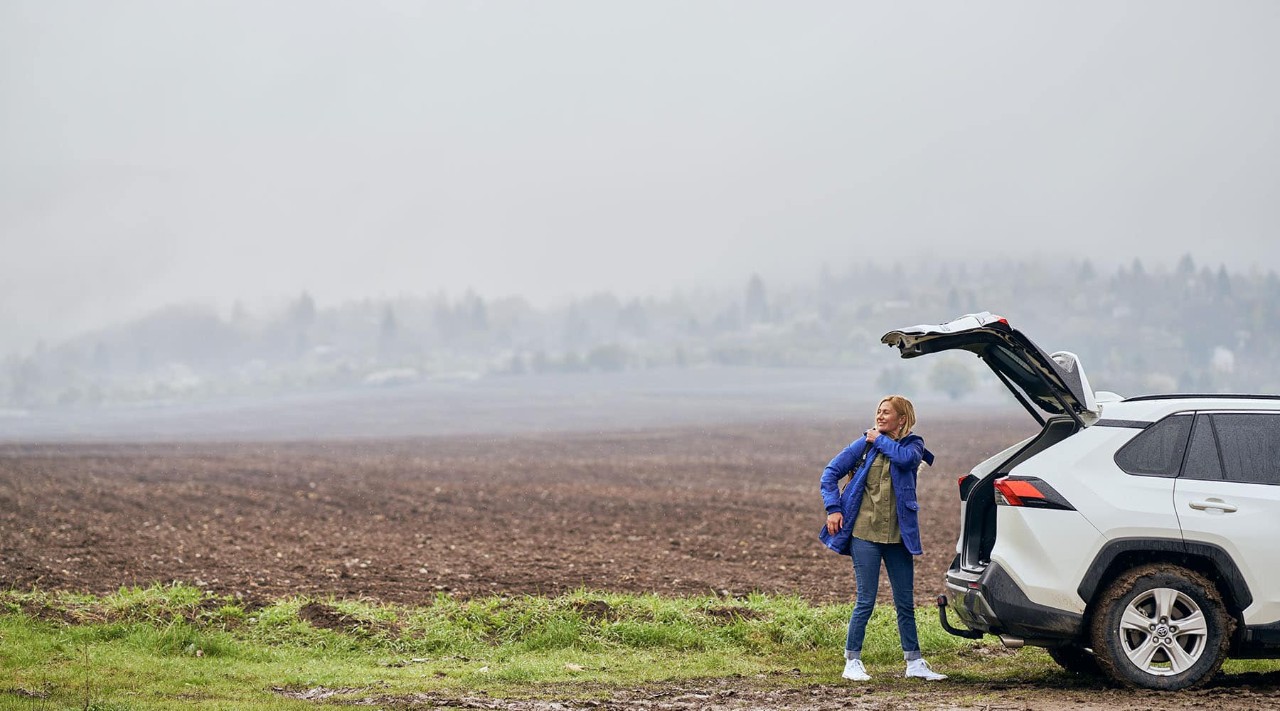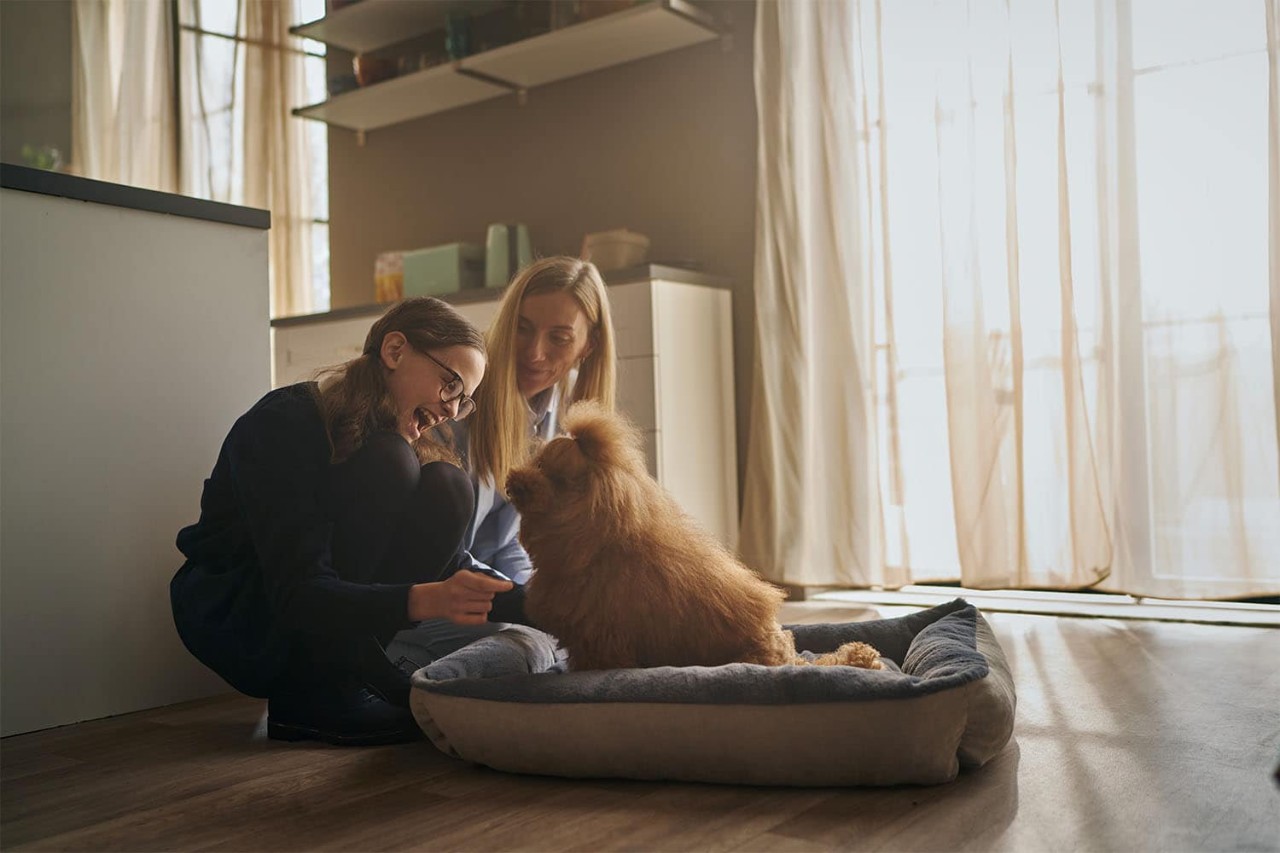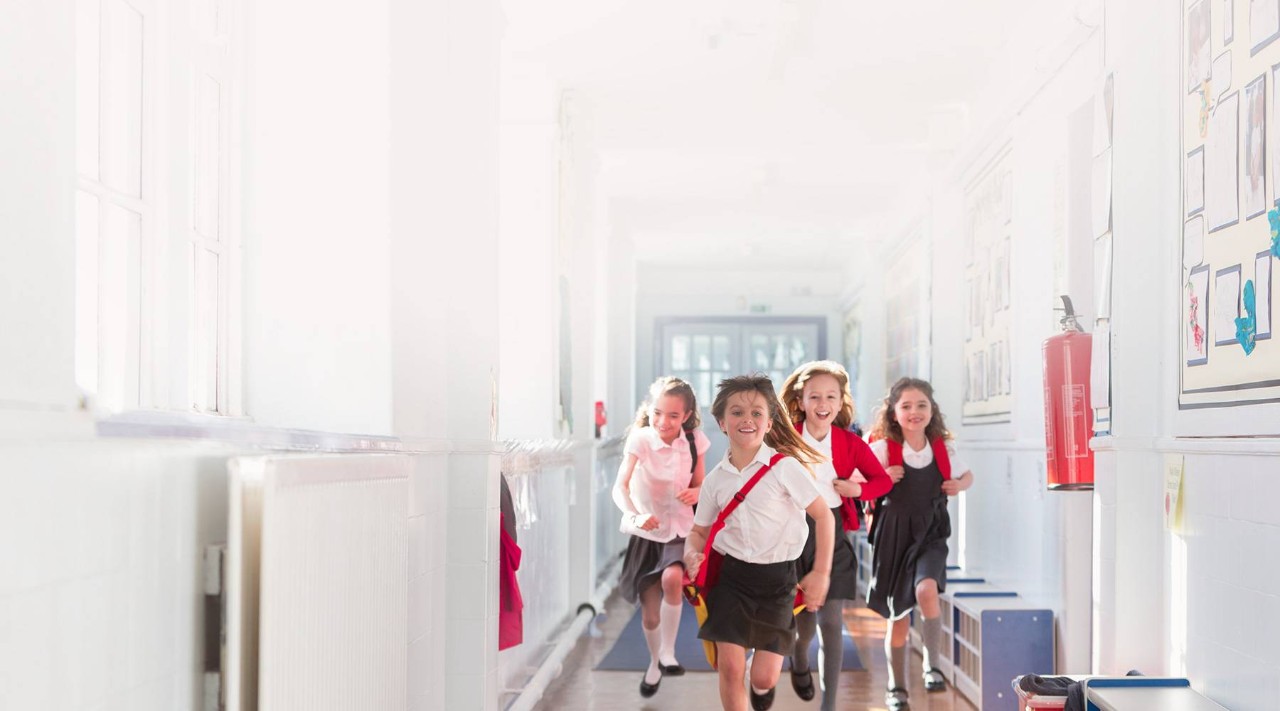Keeping Your Dog Healthy At Home
by Angela Hickey | 2 min read May 6th, 2020
To help limit visits to the vet during COVID-19, here are a few vet-recommended tips on preventative health care for your dog, helping them to stay happy and healthy and prevent illness or injury.
Diet and Exercise
Always follow your vet’s advice on the type and amount of food to feed your dog, as well as the appropriate level of exercise based on breed, size and age of your dog. If you don’t already have this information, nurses at your vet clinic can advise you over the phone.
Avoiding excessive weight gain is a vital way of preventing many illnesses such as Diabetes, Heart Disease, and Arthritis so balance food intake with your dog’s activity levels and make sure not to give them left overs and scraps. Walks outdoors should be on a lead only and within the 2km limit at the moment, but playing ball games and teaching your dog new tricks can keep them engaged and active.
Training and Control
Take time to teach your dog basic commands like ‘sit’, stay’, ‘come here’ etc. to ensure that they will obey you and stay safe. Dogs have different motivations. Learn whether your dog is motivated by small treats or favourite toys as rewards to encourage them to cooperate. Watch for early signs of anxiety, fear, stress or aggression or other difficult behaviours and seek advice over the phone from your vet or a local dog trainer. Don’t leave children unattended with your dog, and make sure they know to give your dog some space to eat and sleep in peace.
Keep your dog confined to your home and or in an enclosed garden to avoid road traffic accidents, straying, dog fights etc. When away from home keep your dog on a lead and use muzzles when necessary. This will keep both you and your dog safe on walks and help you to stay within the required two metre distance from others.
Notice Early Signs of Illness
You know your own pet and will probably get a sense of something being ‘not quite right’. Trust your gut instincts and pay closer attention to your dog. Notice any change in eating and drinking, toileting habits, any indication of pain or discomfort in joints, breathing difficulties, withdrawal, hiding, any signs of vomit, diarrhoea, blood stains etc. and monitor these signs so you can report them to your vet on the phone and get advice.
Have a First Aid Kit at Home
A basic first aid kit with bandages, wound dressings, antiseptic cream etc. will be helpful in dealing with any minor injuries or illnesses at home.
Avoid Toxic Substances and Accidents in the Home
Certain foods, plants and chemicals in the home are toxic or risky for pets such as:
- Chocolate
- Onions
- Grapes/ raisins
- Daffodil bulbs
- Antifreeze
- Rat poisons
- Human medications
- Small toys (choking hazard and risk of obstructed bowel)
- Socks etc. (choking hazard and risk of obstructed bowel)
- Electric wires
- Batteries
Be vigilant in preventing access to these substances and if you suspect your dog has eaten any risky item call your vet for advice.
These tips can help keep your dog safe, happy and healthy and will greatly improve treatment outcomes for illnesses by detecting signs in the early stages.
Please note: Always wash your hands well before and after handling your dog. If you have respiratory symptoms and are self-isolating it is important to keep contact with your dog to a minimum, so let someone else in your household look after them. Your dog’s coat is another ‘surface’ on which a virus such as COVID-19 may survive in droplets for some hours after contact with an infected person.
This guidance is for general information purposes only. Allianz accepts no responsibility or liability for any losses that may arise from any reliance upon the information contained in this guidance.







